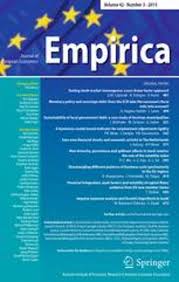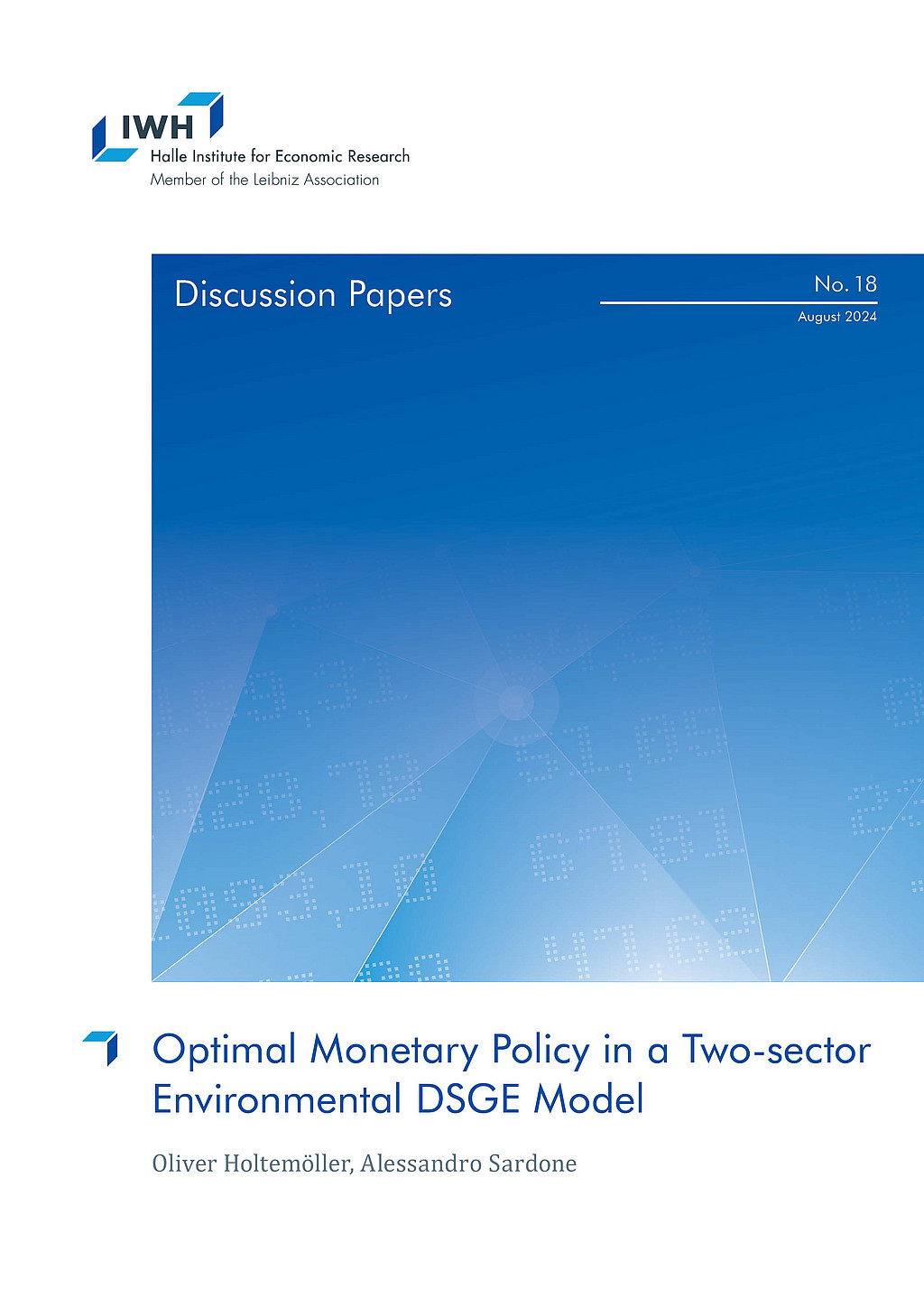Alessandro Sardone

Current Position
since 9/20
Economist in the Department of Macroeconomics
Halle Institute for Economic Research (IWH) – Member of the Leibniz Association
Research Interests
- environmental macroeconomics
- fiscal and monetary policy
- forecasting
Alessandro Sardone joined the Department of Macroeconomics as a doctoral student in September 2020. His research focuses on environmental macroeconomics, monetary and fiscal policy, and forecasting.
Alessandro Sardone received his bachelor's degree from University of Trento. He participated in a Double Degree Programme and received his master's degree from Friedrich Schiller University Jena and University of Trento.






